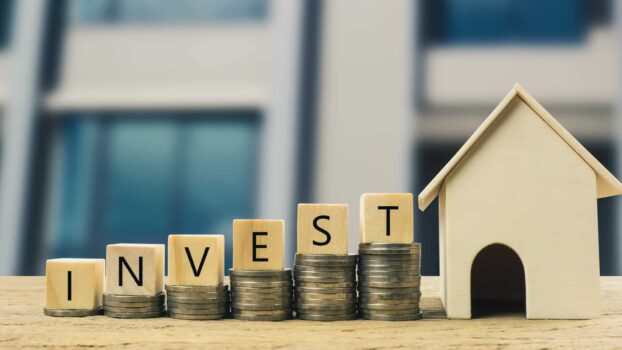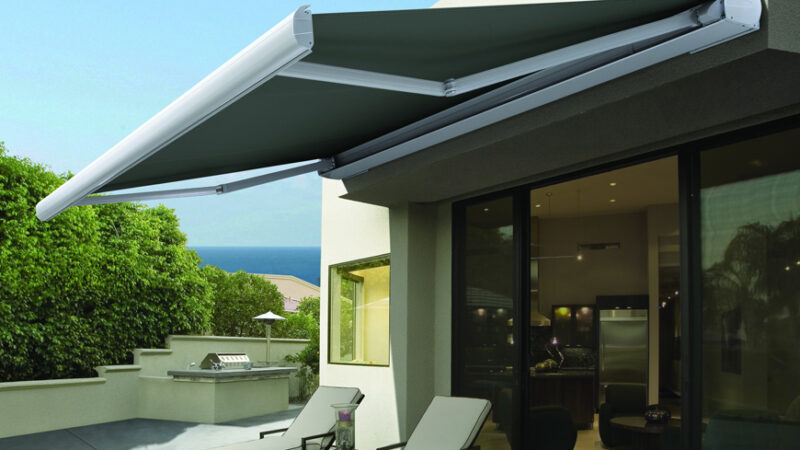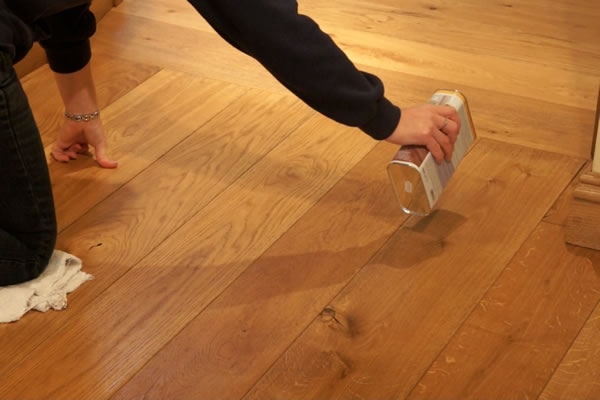How Does Property Investment Affect Medicare Tax?

Did you know that the average Social Security check is $2,484 per month in 2022? This amount of money might go fast if you have a mortgage, utilities, grocery bills, and like to have fun. Many seniors make property investments to help support themselves throughout retirement. Property investments can help generate a steady cash flow, protect against inflation, and can also have tax advantages. But those saving for retirement might wonder how a property investment affects Medicare tax. Let’s talk about it!
What is the Medicare tax?
Those who work in the United States pay Medicare taxes through their paychecks. If you look at the bottom of your pay stub, you will see multiple types of deductions, such as Social Security and, you guessed it, Medicare. You will pay these Medicare taxes through your paycheck no matter what; there is no stopping it.
It’s a common misconception to believe the Medicare taxes you paid throughout your career goes to an account specifically for you and your Medicare will be funded once you retire. Unfortunately, this is not exactly how it works.
If you or your spouse worked ten years in the U.S. and paid payroll taxes, Medicare Part A (inpatient care) will cost $0. But those who have less than 40 quarters will pay a monthly premium for Medicare Part A.
So, your property investment will not affect your Medicare tax since the tax is paid through your paychecks. However, you will want to know that your investment could affect your other Medicare premiums.
Will my property investment increase Part B?
No matter how many quarters you have worked and paid into Medicare, you will pay a monthly premium for Medicare Part B (outpatient services). In 2022, the standard Part B premium is $170.10. But, if you are in a high-income tax bracket due to your property investment, you will pay more monthly for Medicare Part B. So, in layman’s terms, the more you make, the more you pay.
The additional fee you pay on top of Medicare Part B is called an Income Related Monthly Adjustment Amount (IRMAA). The Social Security Administration looks at the modified adjusted gross income (MAGI) you reported on your taxes two years ago. So, in 2022, SSA looked at your 2020 taxes.
If you invest in a property that brings your single income above $91,000 or if you filed jointly and your income succeeds above $182,000, you will pay an IRMAA fee as long as you remain in a higher tax bracket. The most you could pay for Medicare Part B in 2022 is $578.30 per month. But your MAGI can affect more than your Part B premium.
How do my investments affect Part D?
Private insurance carriers sell Medicare Part D prescription drug coverage plans. Although these plans do not come from the government, you will still be charged an IRMAA fee on top of your monthly Part D premiums if you are in a high-income tax bracket.
Since insurance carriers sell Part D plans, there is no set monthly premium, as they vary from carrier and zip code. But, the average Part D premium in 2022 is $32 per month. Depending on your income level, you could pay an additional $78 on top of your monthly premiums.
Wrapping up
When you make a property investment, it will not affect the Medicare tax you pay whenever you are working and paying FICA payroll taxes. But, your investment can affect how much you pay for Medicare Part B and Part D if your investment puts you in a high-income tax bracket. Be sure to check out this article here to learn how you can file an IRMAA appeal.







